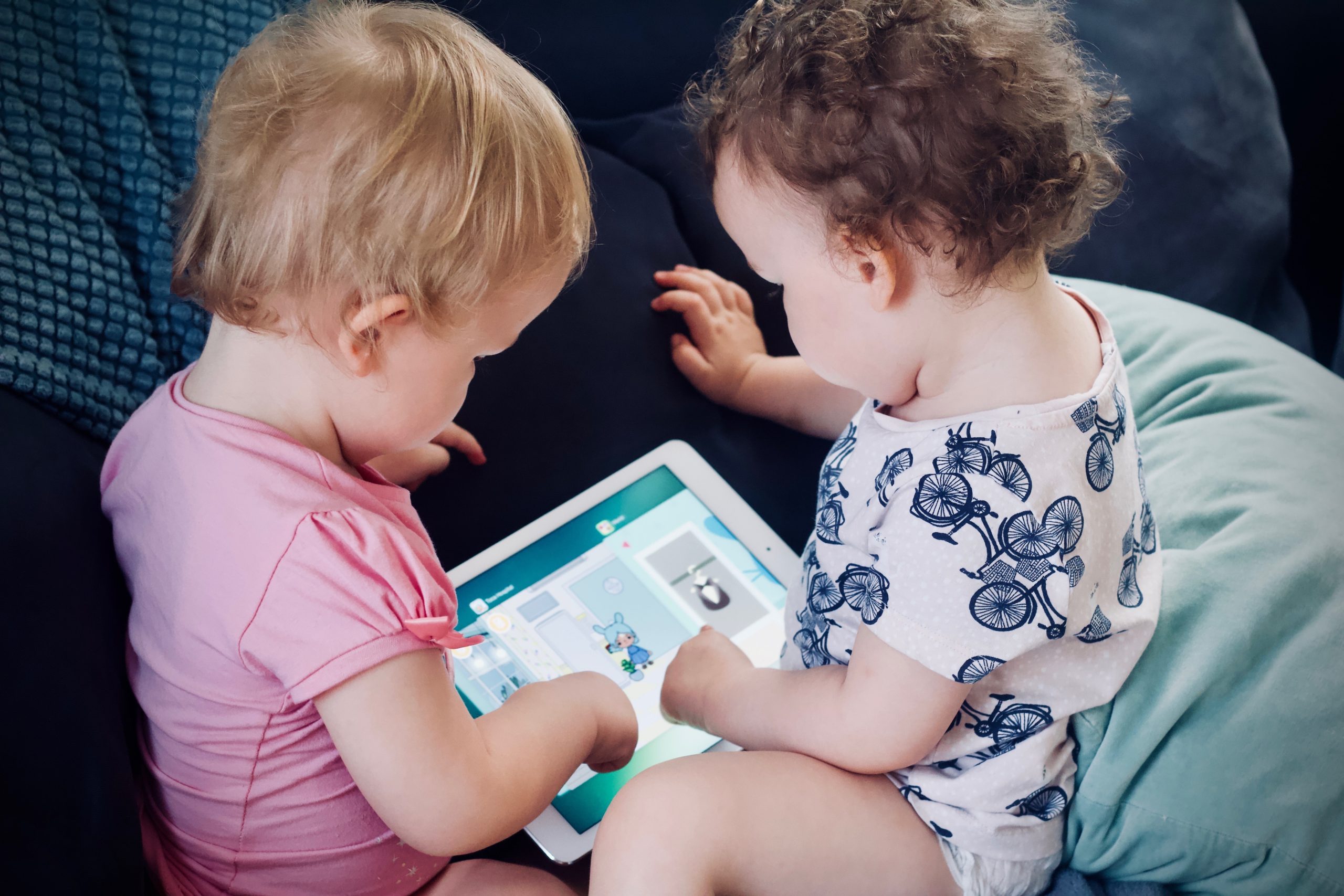Grandma and grandpa never had to deal with this! New research by a team at Edith Cowan University finds many modern parents can’t agree on how to regulate their kids’ screen time and use of smartphones and tablets. With no set “rule book” on how to navigate this newly emerging parental problem, parents in a recent survey admit their kids’ mobile use is leading to a whole lot of family arguments and tension.
Study authors say most millennial parents are “winging it,” or making it up as they go along, when it comes to their kids’ digital media habits. Children and teens’ mobile use is a significant source of family arguments, they report. Researchers initially set out to better understand just how much modern parents believe smartphones and other devices are influencing their kids’ behavior and development. Additionally, the research team wondered if parents are seeking out support or information on this topic, and if so, from where?
In summation, they believe their work emphasizes just how important it is right now to help educate parents on the impact of mobile media on child behavior. A total of 281 Australian parents took part in the survey, with 75 percent reporting conflict, tension, and family disagreements over mobile media use. Interestingly, though, nearly one in three never searched for any official guidelines on digital media use by children.
Parents having a hard time battling the couch potato trend
Regarding adolescent behavior, at least one in five parents also reported a lack of exercise, difficulties completing tasks, excessive gaming, sleep problems, and social withdrawal in connection with their children’s mobile media habits. While prior studies reveal that smartphones and similar devices have a negative correlation with child development, it’s far less clear how parents approach their child’s screen time.
The survey tells us that modern parents are indeed picking up on the negative consequences of mobile media. Many parents admit their children now find it harder to focus, follow directions, exercise self-control, and handle emotions.
Related: CBD for Kids? Cannabidiol Shows Promise in Treating Anxiety in Kids
“What is surprising is while parents reported high rates of oppositional behavior, such as arguing back, very few sourced information on screen time from trusted sources such as GPs, teachers, or counsellors,” says lead researcher and PhD student Stephanie Milford in a university release. “Our results show parents are using informal networks, which could indicate the official guidelines around digital media use are either difficult to understand or not fit for purpose.”
One major problem is the amount of conflicting advice out there. With so many recommendations on how much time a child should spend using digital media, how can parents figure out which is the correct path for their family?
“We know today’s mums and dads struggle with no frame of reference because these devices didn’t exist when they were children,” Milford explains. “Parents are trying their best by using a range of strategies they have heard about, to try to curb their children’s mobile media use.”
How are parents cutting screen time?
As far as mediation tactics, some of the most common among the respondents include limiting device time (69.5%), talking with the child about what they use the device for (68.1%), checking the websites and apps their child visits (66%), and restricting access to mobile media as a punishment (58.5%).
Study authors explain that many parents still just aren’t aware of how influential mobile media usage can be on a child’s behavior, as well as what is known as their executive functioning — the essential skills we all use daily to work, learn, and juggle daily life.
“It’s clear a better job needs to be done in educating parents about how their children’s digital media use could be affecting their behavior and development,” Milford concludes. “As children are natural early users of mobile media because of its portability and interactivity, this area needs more research.”




























